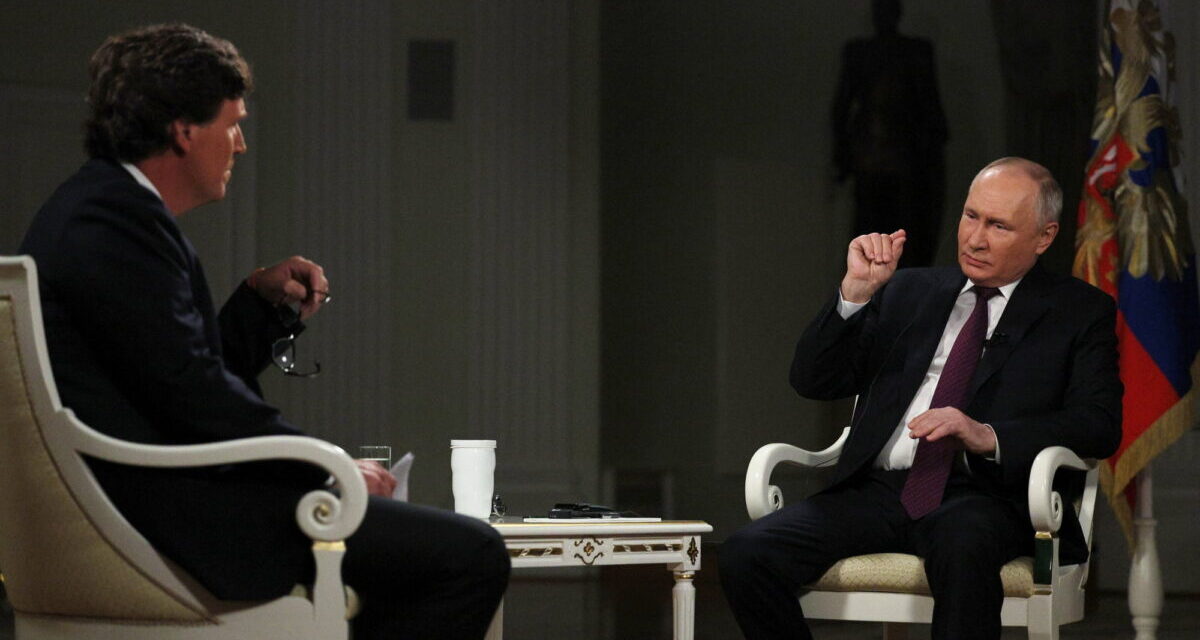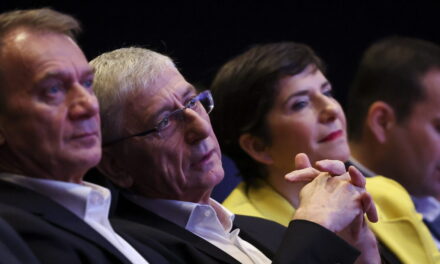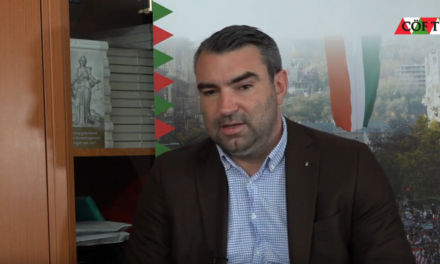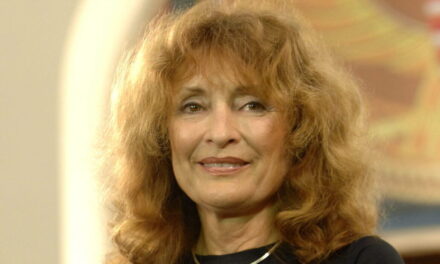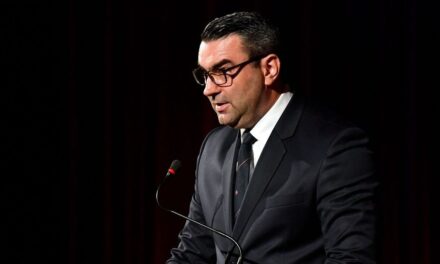The American journalist's interview with the Russian president is a development in the global discourse that is worthy of pondering the world's ability to talk. Written by László Bogár.
To understand this, it is enough to think that the human world was "immediate" in the sense given by nature for thousands of years. The vast majority of people spent their entire lives in the same small community into which they were born, existence was a directly experienced experience, the interpretation of which did not require "mediators".
However, today's world is not like that.
The world consisting of more than eight billion people and more than two hundred countries, all of whose actors are able to communicate with each other in a thousand different ways today, represents a super-complex system that no one can have a direct picture of.
What we know about the world, or rather think we know, we know almost exclusively with the help of some intermediary.
This might not even be a problem by itself, but if we add to this the fact that the mediator does not reveal reality (the reality of the world) to us, but tells us a story about reality, then the situation is slightly different, because what about the world we think we know, it is the mostly unverifiable web of stories told by the media about the world.
In such a world, the supreme power is in the hands of the one who rules over this uncontrollable web.
This is directly the global media and the global power superstructure that keeps these "reality works" of the global media under control. The main weapon of the dictatorship called liberal democracy is precisely this controlling power, because it can be used to keep hundreds of millions of people in the cages of false realities constructed as they please.
This current Third World War, just like the previous two, can continue undisturbed, and it was possible to obtain the support of the majority of the Western world, because the power that interprets the war built the way of narration from the beginning, which makes the reasons and goals of this war evident.
And any narrative that differs from this has been either completely banned from the global discourse or branded as fake news.
Now, however, a rather unusual experiment has taken place, a rather strange player in the global media has opened up the space for speech, which until now was a strictly forbidden area.
Tucker Carlson, who already proved with one hundred million views of his interview with Viktor Orbán that it is possible to generate an astonishing amount of interest in the "strictly controlled" global speech space with a conversation of the "no, but there is a need for it" category, has now conducted an interview with Russian President Putin. When news of the interview leaked and the global opinion power order indignantly tried to prevent its birth, citing that Putin is an outcast war criminal with no right to enter the global discourse space, Carlson gave an interesting response.
He said that I was interviewing him because I was a journalist and that was my job.
In other words, he already violated the main taboo, because only the global power of opinion has the right to determine which of the stories about reality can enter the speech space, and which ones should be banned as false opinions extremely dangerous to the world. Of course, for the greater glory of liberal democracy.
The world has now gotten to know a way of telling stories with which one can of course argue and disagree, but to doubt, at least now, that this is also a possible interpretation of the world, which tries to explain in a logical order, namely to give a completely different explanation to what the global power order has already given the only correct answer, well, it can't be.
That is why this interview is such a huge scandal, although it is worth thinking about how it could have taken place.
We cannot be so naive as to assume that the interview was solely Tucker Carlson's personal decision, that only his journalistic courage and talent was sufficient to make it all happen. As they say, this is a necessary but not a sufficient condition.
The creation of the interview and the spectacular entry of the Russian narrative into the global discourse hinted at tectonic global shifts in power, which we do not yet have a very precise picture of, but it is worth pondering about them.
For all those who have not accepted the narrative of the global power order as the only one, the interview itself does not really contain anything new, perhaps the novelty is that the Russian president put it all in a logical order. Perhaps it would have been worth asking the Russian president how well he was aware when he started this provoked war that his narrative would not "get through" the blockades of the global power of speech even to the smallest degree.
This has indeed been the case so far, and such a spectacular breakthrough of this blockade was hardly conceivable.
Since the creation of this interview runs completely counter to the strategic interests and aspirations of the power structures of the American world empire, this action can be attributed to "someone else," a force that resides in the power space above the American empire. Presumably, the "empire-selecting main power" sent a warning to the ruling structures of the American empire with this action. Whether the empire understands the message will be decided in the presidential election.
Cover photo: Russian President Vladimir Putin (j) gives an interview to American media personality Tucker Carlson
Source: MTI/EPA/Sputnik/Kremlin pool/Gavriil Grigorov

